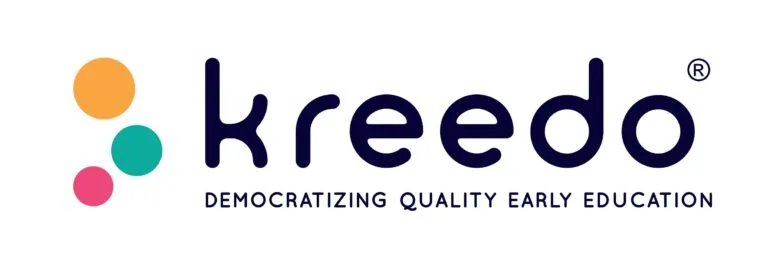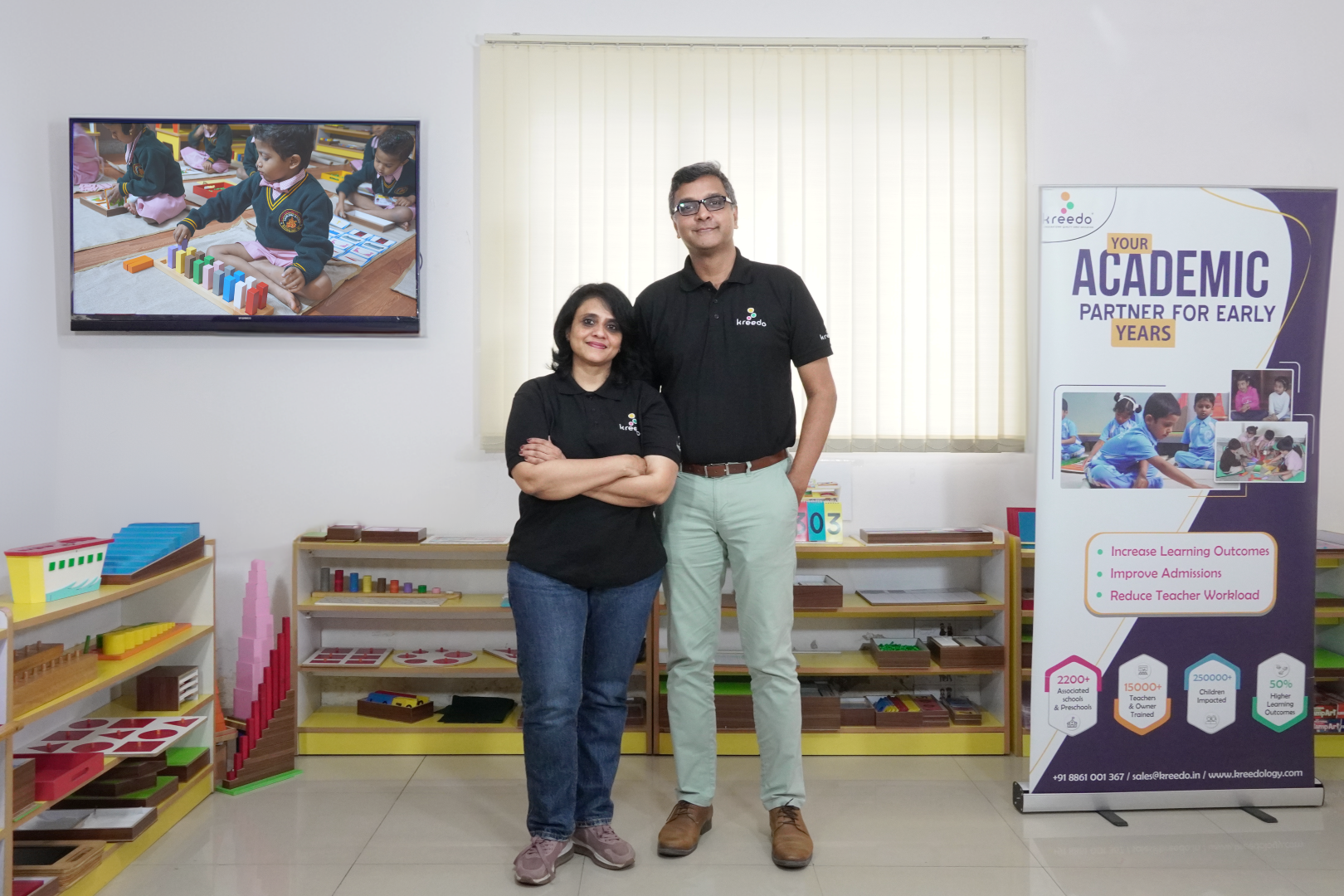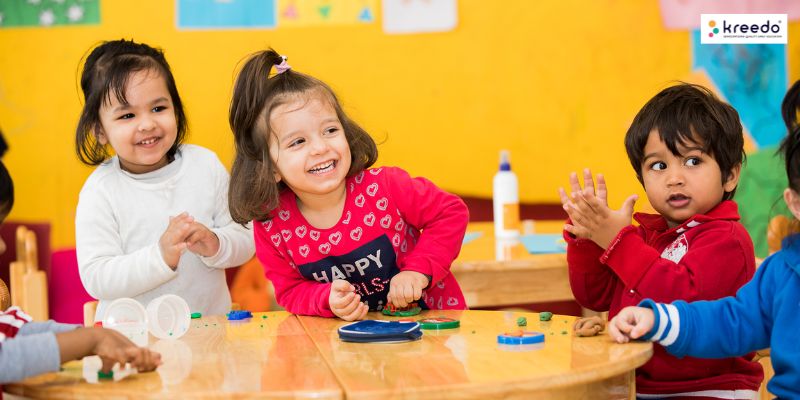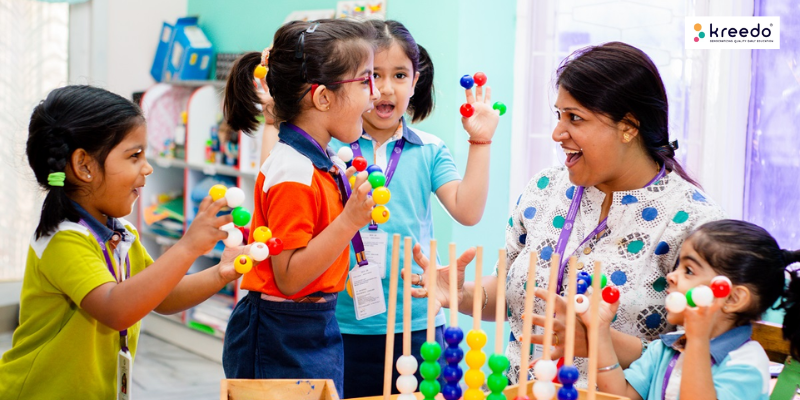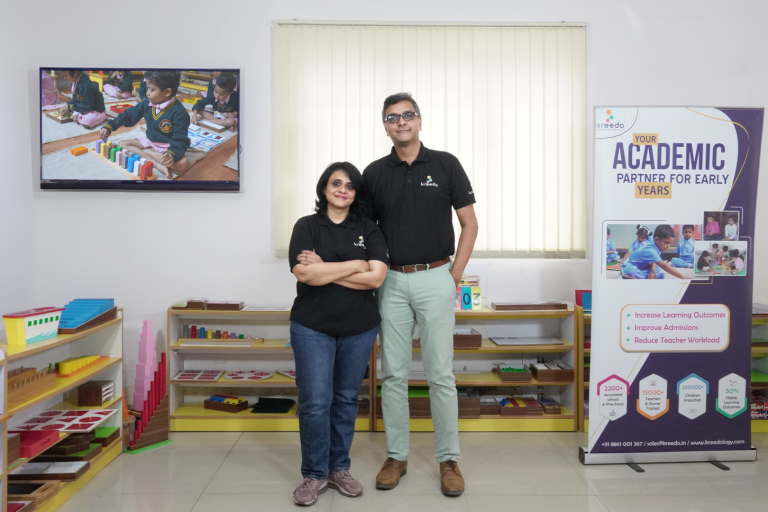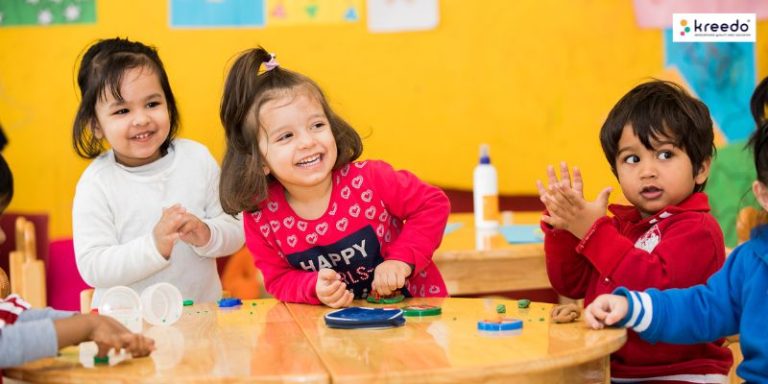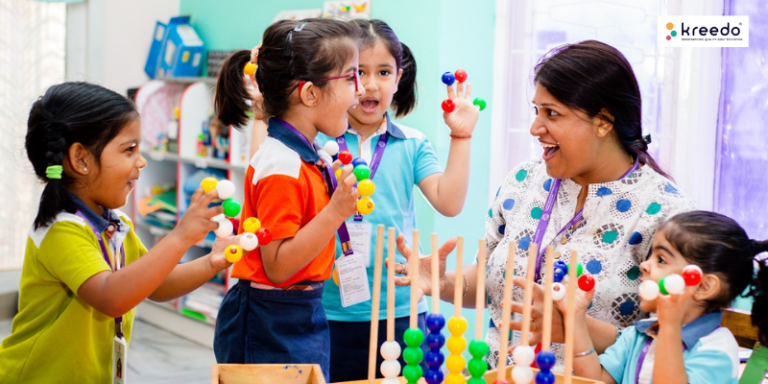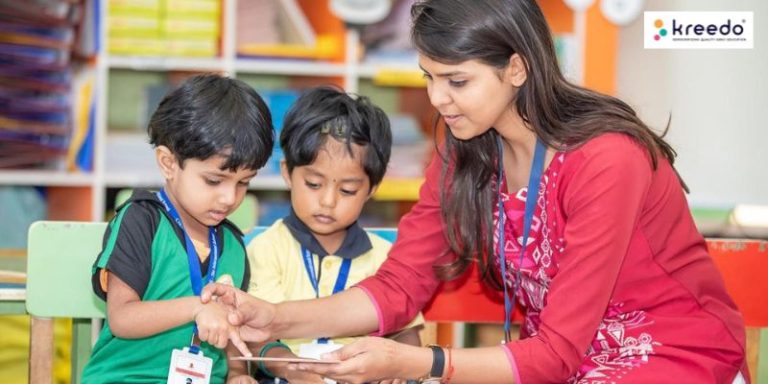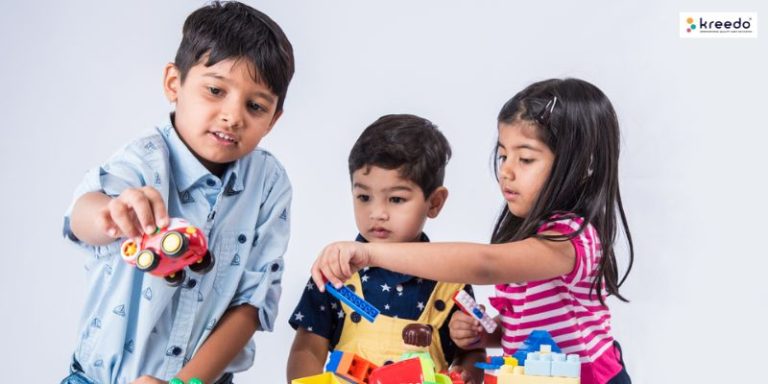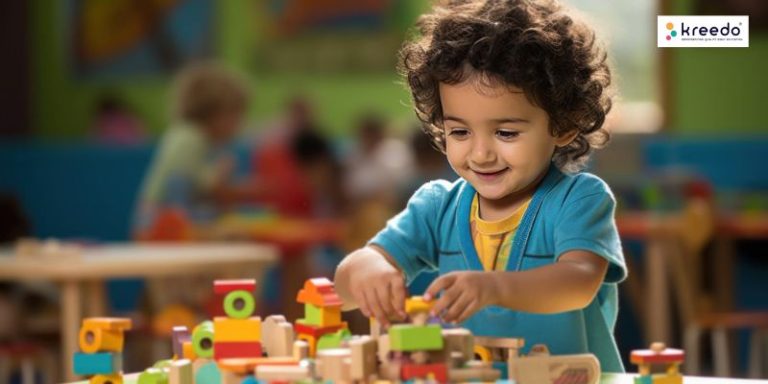Thomas A. Edison said, “I have not failed. I’ve just found 10,000 ways that won’t work.”
If this attitude prevailed, we would have better employees, better relationships, a more productive society, and most of all extremely successful young learners.
When you first started cycling, did you not fall?
When you first started cooking, did you not mess up?
When you first started learning to play a sport, how long did it take for you to make the first goal/shot?
If your teacher/parent had treated you harshly every time you fell from the cycle, you would never have probably learned well.
If your parent/sister/teacher/brother ran beside you while cycling knowing you would fall, and they were there to help you get up after you fell, or just to prevent major accidents, that is when you learned well, building confidence in yourself.
A young child needs the same level of security blanket knowing someone will be there to help if they need it. But they do not need someone to judge them when they make mistakes. Example- When the child is given a material to play with, they generally make mistakes initially. It’s the duty of parents to correct the mistakes rather than judge the child.
When parents walk into a new school with their child for admission, it is natural for them to show the principal what the child is good at. The parent feels the child will be judged based on this, and hence is anxious about the child’s performance.
Why does a parent want to ensure that their child never fails? It is because every parent wants their child to succeed in phases of life. So if a child is “successful”, you would find a parent/school taking credit for it, saying we helped him or her. A child who is left to himself or herself learns by falling, making errors, and correcting themselves. We find more often than with affluent parents, who have the resources and time to watch every move of their child, the child often finds few opportunities to learn on his/her own.
The schools on the other hand also watch the child closely and help in overcoming the mistakes made by the child. It is obviously much easier for schools to work with children who already have the “required” skills acquired by rote learning or any other way. So that the teachers do not have to expend energy teaching them too much.
With so much pressure from one side and anxiety on the other, the child is set up for failure

Once the parents let go of this anxiety and the school stops judging, the child also sheds his fear of failure and becomes more experimental and enjoys his or her learning process.
In Early Years, the children are confident, having no memories of failure and hence nothing draws them back. They are eager to learn new things every day. All that is needed is to allow them to keep experimenting and give them concrete self-learning experiences that will not have any fear of failure attached to them. With self-correcting materials, children correct their own mistakes and proceed gleefully to the next step, having drawn from the mistakes and experiences.
However, if it is required for an adult to step in each time to correct their learning process, then they are being ready for a non-self-learning process, always looking up to an adult for correction and future learning.
Research proves children have a constructive mind. They build on the experiences they have. Every mistake they make is an experience, and an opportunity to learn. Then why do we as adults/ teachers/ parents deprive children of opportunities to make mistakes?
When children make mistakes, our job is not to judge them, but encourage them for problem-solving through repeated actions. Our job as teachers is to provide children with the right environment that has opportunities to make constructive mistakes that help them learn and develop necessary skills.
